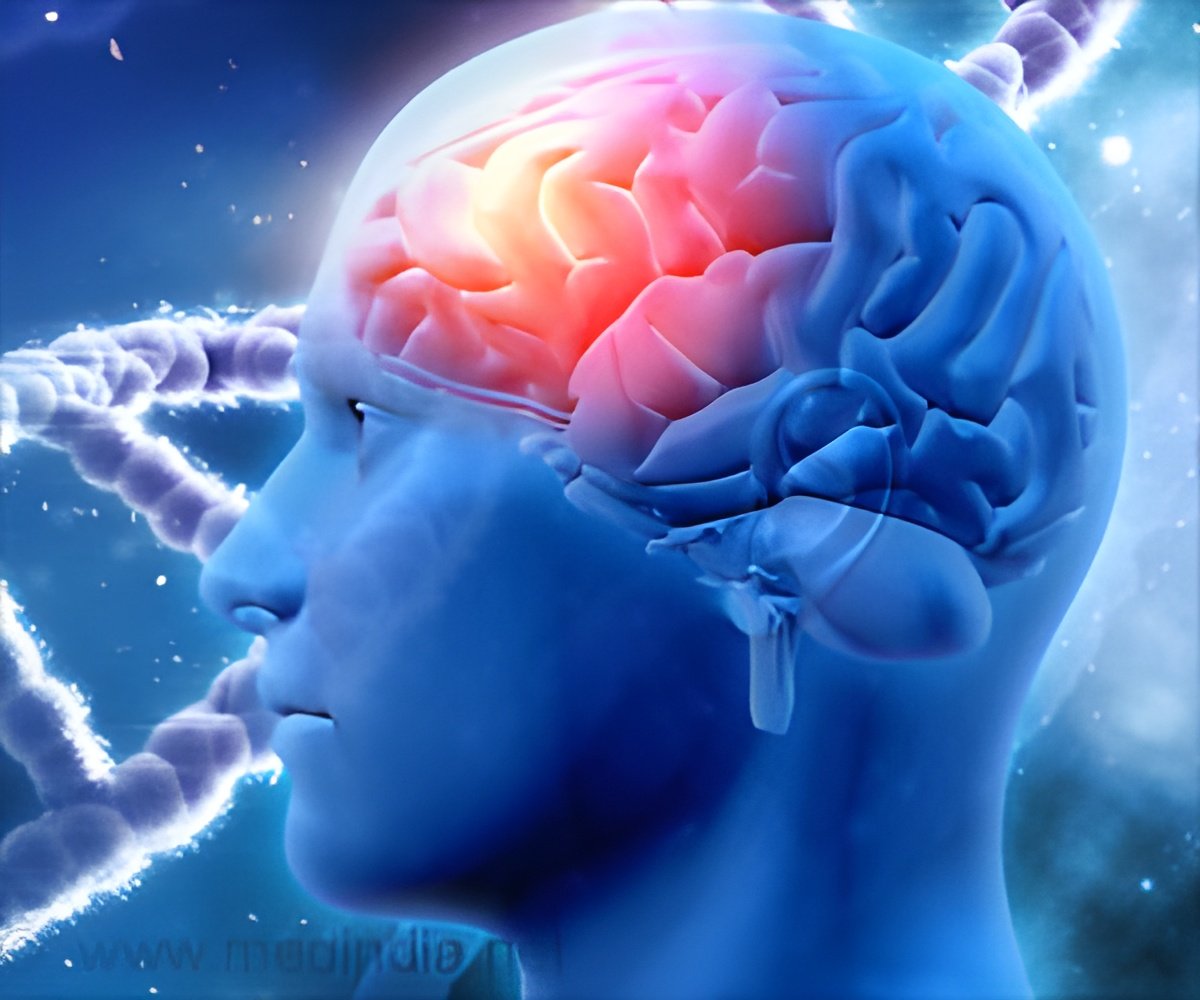New mechanism that may explain the spread of Alzheimer's disease has been identified. Exosomes may be the main vehicle that allow the spread of toxic proteins that trigger the onset of Alzheimer's Disease across a person's brain network.

‘Exosomes – nano-sized vesicles released by cells, are centrally involved in Alzheimer’s disease and they could serve as targets for the development of new diagnostic and therapeutic principles.’





Previous studies have linked the development of Alzheimer's to the gradual and abnormal build-up in the brain of two toxic types of amino acids, amyloid-beta (AB) and tau. The Swedish group, led by Martin Hallbeck, involved in this study had also previously shown how oligomer amoloid-beta (an intermediate product of amyloid-beta) accumulates inside cells and subsequently spreads from one cell to another. In this study, the team focused on exosomes to better understand how such proteins build up and spread across the brain and therefore increase the effects of Alzheimer's Disease over time. Exosomes are vesicles or fluid-filled sacs found outside of cells. They are extremely small and only range from 20 to 120 nanometers in diameter - at best the size of a virus. Exosomes play a role in cellular communication and the transport of different types of molecules in both healthy and diseased bodies.
The researchers compared the post mortem brain samples of ten people (five of whom had lived with Alzheimer's) obtained from the brain bank at Uppsala University in Sweden. Various microscopy and cell-characterizing cytometric techniques were used in the process.
The exosomes isolated from Alzheimer's patients were found to contain greater concentrations of toxic oligomer amyloid-beta compared to healthy brains. A definite link between intracellular oligomer amyloid-beta and extracellular exosomes was also found, in that these were co-localized and occurred together. The researchers established that exosomes help neuron-to-neuron growth and transfer of oligomer amyloid-beta, which in turn could cause brain cells to die. Exosomes carrying oligomer amyloid-beta were internalized in cultured neurons and were able to spread their toxic content to nearby cells. Some of the exosomes were found to be transferred intact to further cells. This finding is consistent with a recent study showing that a substantial fraction of exosomes internalized in one cell was subsequently passed on to a second cell.
"Exosomes could be the main mediator of the pathogenic progression in Alzheimer's Disease, and might therefore be exploited to develop new diagnostic and therapeutic principles related to the disease," Sardar Sinha explains.
Advertisement
"Hence, measurement of increased oligomer amoloid-beta in exosomes from such patient samples could potentially serve as a diagnostic tool," says Ansell-Schultz, who describes the molecular content of exosomes as a "fingerprint" of the releasing cell type.
Advertisement










